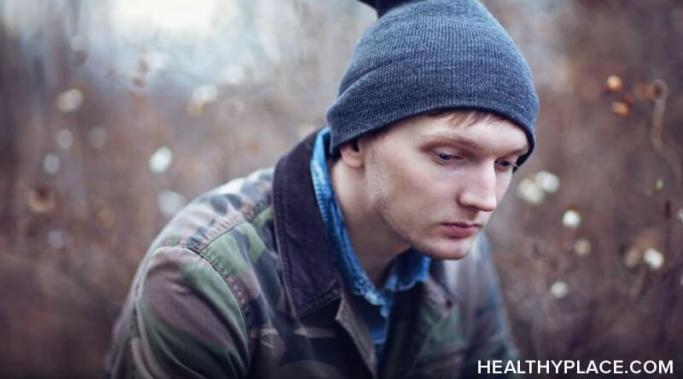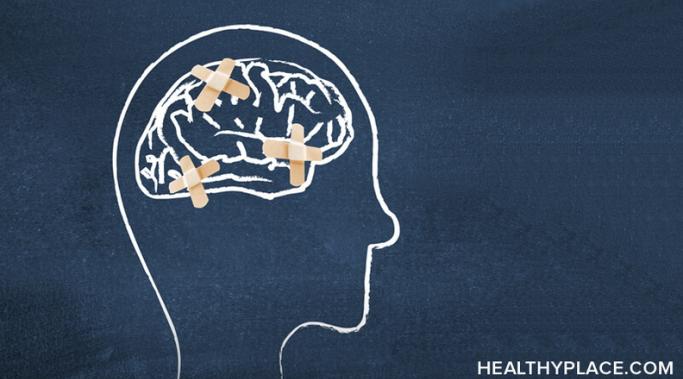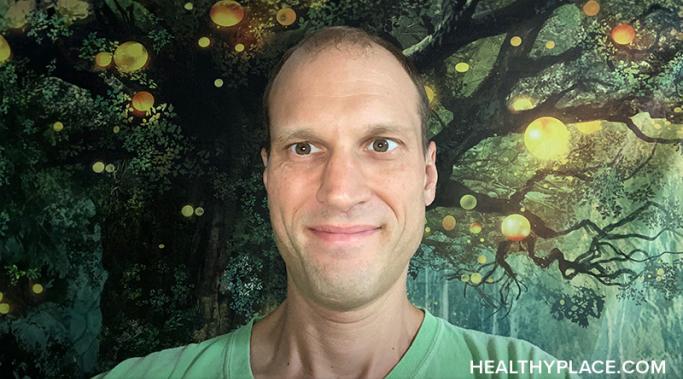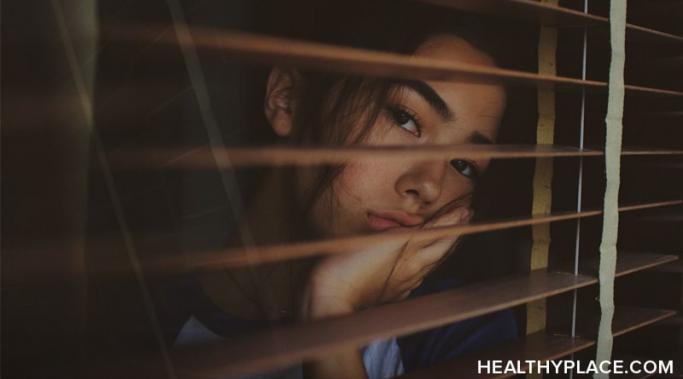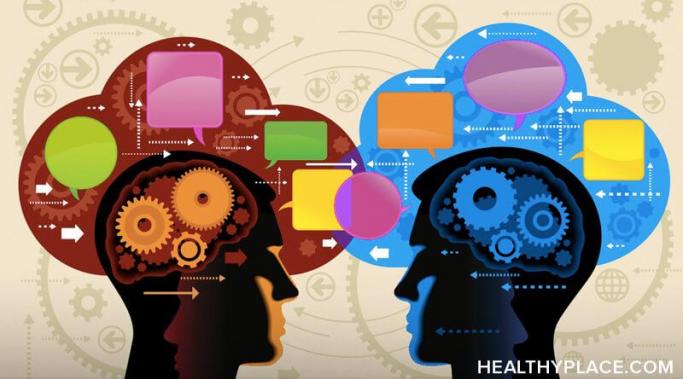Blogs
I work to cultivate my strengths, as living with a mental health diagnosis can present unique challenges to one's self-esteem and overall wellbeing. I know the internal struggles with stigma, self-doubt, and societal expectations can often overshadow my sense of self-worth. However, there is a powerful approach that can help rebuild and enhance self-esteem: focusing on and cultivating one's strengths.
While suicidality is often driven, at least in part, by lifestyle factors, a person with a good life can still be suicidal. This doesn't make sense to many people. How can someone with an objectively good life feel like they want to die? The answer to that is simple and complex. A person with a good life can be suicidal because of the brain.
There are innovations in the treatment and prevention of gambling addiction. As a recovering gambling addict, I spend much of my time finding ways to make the journey easier and more fulfilling for myself and others. I also spend significant time looking into ways to avoid falling back into old habits. But, new gambling trends aside, I’m happy to say that technological advancement has brought new treatment and preventative strategies for gambling addicts.
Recently, I was concerned that the effects of verbal abuse had damaged me. This revelation came to me after watching "Barbie." The more I talked to others about this film, the more I realized I was one of the few people who didn't cry during the show. Is it because I'm damaged from verbal abuse?
My name is Sean Gunderson, and I am the new author of "Building Self-Esteem." I am optimistic to begin writing for HealthyPlace. I hope that my unique lived experiences, along with my engaging personality, will help make my blog a place that you turn to for ideas and support in your life’s journey. In my own life’s journey, I have come to realize the importance of self-esteem and have learned how to cultivate it effectively.
Psychiatric advance directives are not something people talk about enough. Psychiatric medication has saved my life and helped me to function and participate in events and daily activities that I wouldn't be able to do without it. It also saved my marriage and allowed me to have successful relationships with friends and family. I believe my medication is why I do as well as I do (which isn't always great, but I have joy-filled days and many accomplishments that I can be proud of, given limitations). I want to communicate these things to doctors because medication is necessary for my treatment. I can do this by formulating a psychiatric advance directive.
Emotional resilience when a relationship ends is important if challenging. As someone with borderline personality disorder (BPD), the ending of relationships feels no short of an existential nightmare. The grief isn't just about losing someone; it's about losing the version of me that I molded to fit within that love story. Post-breakup, I feel like I'm looking at my reflection in a funhouse mirror. What stares back is distorted, confusing, and sometimes downright unrecognizable.
Have you ever wondered about repeat offenders? It is not uncommon to hear about folks who get in legal trouble for using drugs or alcohol, and instead of remaining sober, they go back out and use again. It is difficult to understand how someone can keep engaging in the same behavior after losing everything. Repeat offenders are often called selfish and ungrateful. But what if the opposite is true? What if repeat offenders need compassion just like everyone else?
How do you feel about having too much information (TMI)? The ease with which we can communicate and learn in our world of ever-developing technology is astounding. At any time of day, virtually limitless information and entertainment are accessible at the touch of a button. But is having boundless knowledge so readily available a good thing, or is TMI making us unhappy?
You can reclaim your power after trauma, although it can be challenging. A common issue I battle from my posttraumatic stress disorder (PTSD) is the feeling of powerlessness. I've found it's hard to foster empowerment after enduring a difficult or complex trauma — even when it gets set off years later. While PTSD might be an ongoing battle for many, with the effects of trauma often lingering, there are ways you can lessen its weight. Here are six habits I've been practicing to help reclaim my power.

